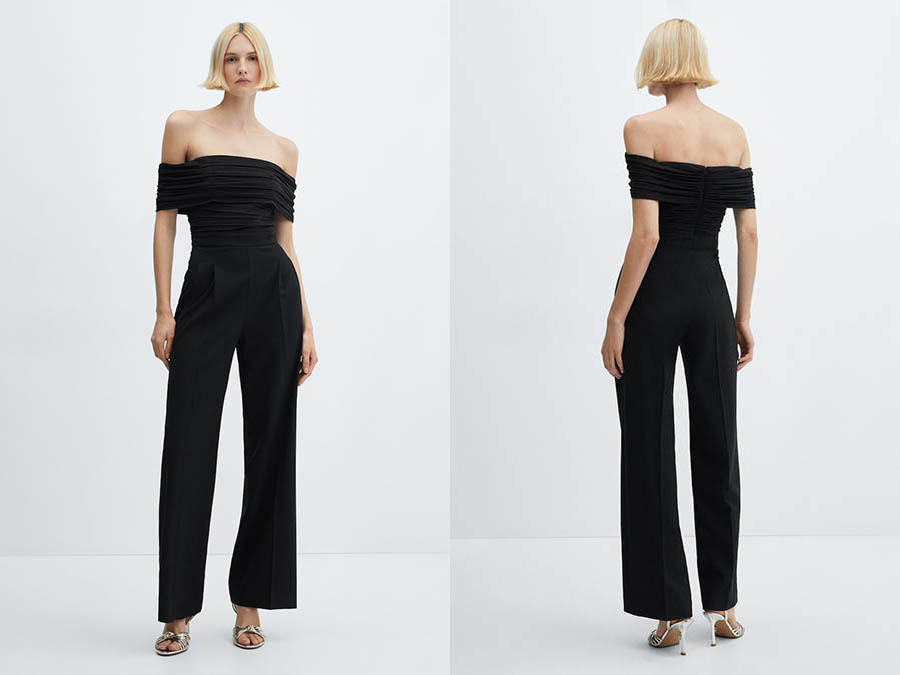13 Hacks How to Avoid Greasy Hair
Greasy hair can be a source of frustration and embarrassment for many people. Excess oil production can make your hair look limp, flat, and unclean, which can affect your self-confidence.
However, the good news is that there are several effective ways to combat greasy hair and maintain a fresh, healthy appearance.
Here at Fashion.ie, we’ll explore the causes of greasy hair and provide you with 1,000 words of valuable tips and tricks to help you prevent and manage greasy hair effectively.
Understanding the Causes
Before we dive into the solutions, it’s essential to understand why some individuals are more prone to greasy hair than others.
Greasy hair is primarily caused by the overproduction of sebum, the natural oil produced by the sebaceous glands in your scalp. Several factors can contribute to this overproduction:
- Hormonal Changes: Hormonal fluctuations, particularly during adolescence, pregnancy, and menopause, can stimulate increased sebum production.
- Genetics: Your genetic makeup plays a significant role in determining how much sebum your scalp produces. If your parents have oily hair, you’re more likely to have it too.
- Diet: A diet high in greasy, fried foods and low in essential nutrients can affect your hair’s health and oiliness.
- Overwashing: Paradoxically, washing your hair too frequently can strip it of its natural oils, leading to an overcompensation by your scalp and even greasier hair.
How To Stop Greasy Hair
Now that we have a better understanding of the causes, let’s explore practical ways to stop greasy hair:
1. Choose the Right Shampoo and Conditioner
Select a shampoo and conditioner specifically designed for oily hair. Look for products labeled “clarifying,” “balancing,” or “oil control.” Avoid heavy, moisturising products that can weigh down your hair and make it appear greasier.
2. Proper Washing Technique
When washing your hair, use lukewarm water rather than hot water, as hot water can stimulate your scalp to produce more oil. Be gentle when massaging your scalp to avoid overstimulating the sebaceous glands.
3. Don’t Overwash
Contrary to popular belief, daily washing isn’t always necessary and can lead to increased oil production. Try to wash your hair every 2-3 days to allow your scalp to regulate its oil production naturally.
4. Use a Dry Shampoo
Dry shampoo is an excellent tool for absorbing excess oil between washes. Apply it to your roots, wait a few minutes, and then brush or shake it out to remove the powder and oil.
5. Avoid Excessive Heat Styling
Heat styling tools like straighteners and curling irons can stimulate the scalp, leading to increased oil production. Limit their use and always use a heat protectant spray when styling your hair.
6. Balanced Diet
Incorporate a balanced diet rich in vitamins and minerals. Omega-3 fatty acids, found in fish and flaxseeds, can help regulate oil production. Additionally, stay hydrated by drinking plenty of water.
7. Limit Touching Your Hair
Frequent touching of your hair can transfer oils from your hands to your hair, making it greasier. Try to keep your hands off your hair as much as possible.
8. Regular Haircuts
Regular trims can help remove excess oil that accumulates at the ends of your hair. It also adds volume and prevents your hair from looking weighed down.
9. Avoid Heavy Styling Products
Thick gels, waxes, and pomades can make your hair greasier. Opt for lightweight, water-based products and use them sparingly.
10. Natural Remedies
Some natural remedies can help control greasy hair. For example, a vinegar rinse (diluted with water) can help balance your scalp’s pH and reduce oiliness. Tea tree oil has antibacterial properties that can help with oily scalp issues.
11. Stress Management
High-stress levels can exacerbate oily hair. Practice stress management techniques like yoga, meditation, or deep breathing exercises to maintain a healthy balance.
12. Avoid Tight Hairstyles
Tight hairstyles like ponytails and braids can trap oil close to your scalp, making your hair look greasier. Opt for loose hairstyles whenever possible.
13. Professional Help
If you’ve tried various home remedies and still struggle with excessively greasy hair, consider consulting a dermatologist or a trichologist. They can identify any underlying issues and recommend specialized treatments.
Takeways
Dealing with greasy hair can be challenging, but with the right care and adjustments to your routine, you can achieve a fresh and healthy look.
Remember that it may take some trial and error to find the perfect combination of strategies that work for your specific hair type and lifestyle.
By following the tips and tricks outlined in this guide, you can take control of your greasy hair and enjoy the confidence that comes with healthy, beautiful locks.






